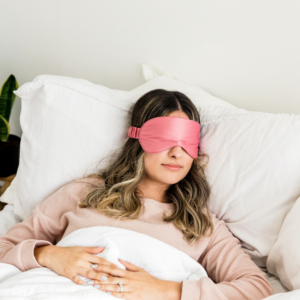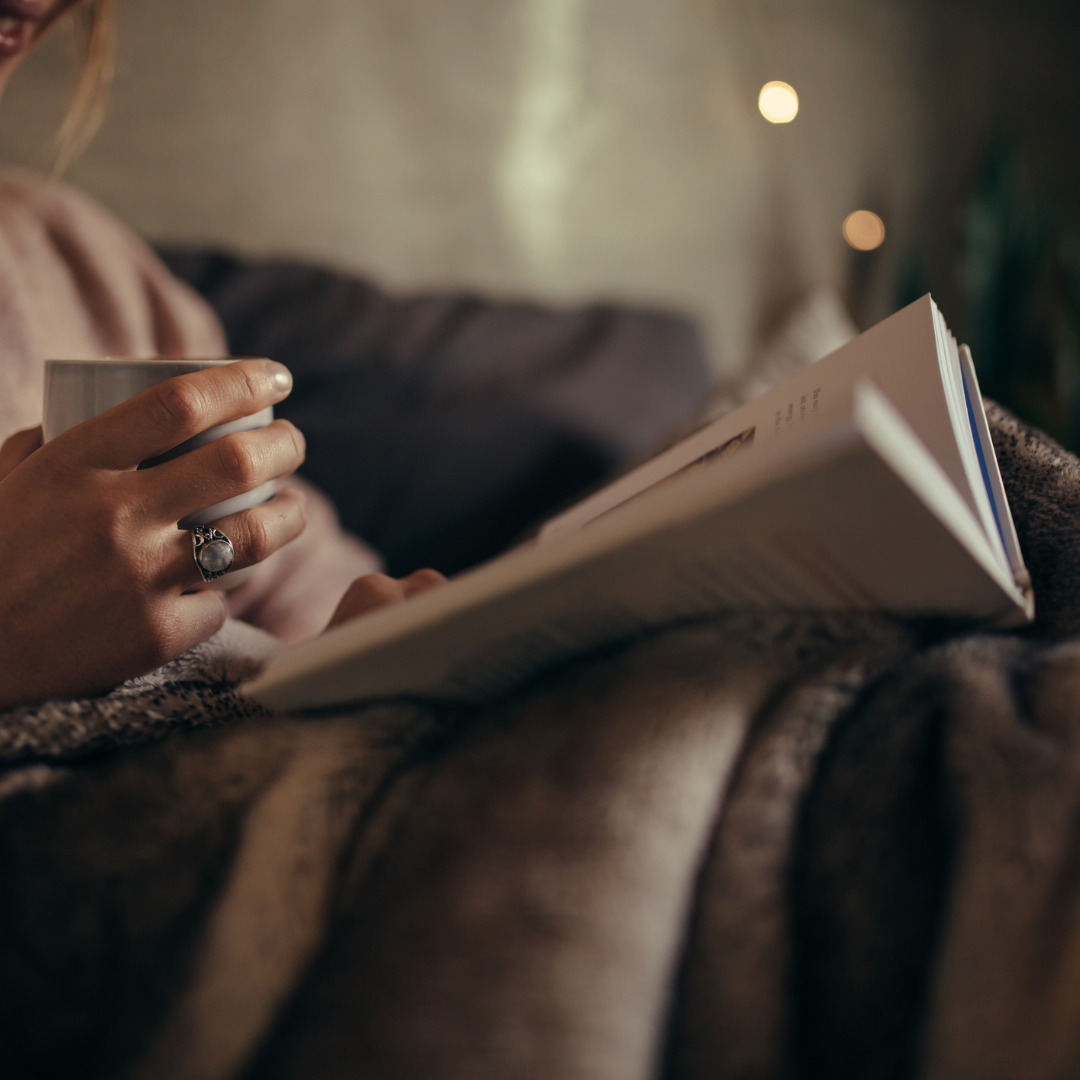Therapists
GET IN TOUCH
Book Now
BLOG
Sleep is one of those things that everyone knows they need but aren’t getting enough of. For most of us, sleep is the thing we do when everything else is finished (if we’re lucky!) The National Sleep Foundation published a list of the recommended hours of sleep a person should get, based on their age. The average adult needs anywhere from 7-9 hours of sleep per night.
Personally, that statistic just gives me more anxiety. It feels like one more thing I have to add to my never-ending list of things to do. Workout, eat right, go to work, feed my kids, see my friends, get 9 hours of sleep. Got it!

In my house, the boys are hibernators and the girls are busy-bees. My husband and my son can take a 3-hour nap, wake up to have dinner, and then go right back to bed and get those recommended 9 hours. My daughter and I, however, are non-stop from the second our eyes open in the morning. We don’t have time for naps. Once we’re in bed, we’ll sleep through the night, but you have to get us into bed first. Like every woman going through a struggle, I wondered if I was the only one who couldn’t seem to make it to bed any earlier than the wee hours of the morning. As it turns out, though, I’m not alone.
1 in 4 women has trouble sleeping, with stress being at the top of the list of causes. When you’ve got a lot on your mind, it’s difficult to put it all on hold until the morning. What we need to be asking ourselves is not how much sleep we need, but how do we get to sleep? Here are a few things to try to help you unwind and get ready to get a good night’s sleep.
Create a bedtime routine
You have one for your kids, right? Any deviation from the nightly routine would mean a restless night for mom and baby in my house, so we stick to the routine with fidelity. Why not create one for yourself? Perhaps a shower, stretch, and curling up with a good book each night will get you ready to doze off. Whatever you choose, make sure that it is relaxing for you. Some people get energized by a good book, while others are lulled to sleep. There’s no right or wrong way to relax, as long as you are sticking to what works for you.
Go to bed only when you’re ready

This goes directly against what you will read in other mediums. The common advice is to go to bed at the same time everyday so that you can trick your circadian clock into creating a natural bedtime. However, what usually ends up happening is that you force yourself to go to bed when you are still wide awake, and then you lie there, wide-eyed and stressed about the fact that you aren’t sleeping. It’s counterproductive. Hold off on heading to bed until you’re sure your eyes will stay shut once you get there. If you must go to bed at the same time every night, because strict routines are what keep you accountable, then make that the time you do whatever helps you wind down (journaling, meditating, reading, etc.) but don’t shut off the lights until your eyelids are heavy.
Make your sleeping environment comfortable
If you are sensitive to lights, turn even the smallest of them off. If you need noise to fall asleep, download a white noise app, or play some soft music. Do whatever you need to do in order to turn your bedroom into your ideal snooze-space so that when you are ready to turn in, your surroundings make it easy to drift off. Personally, I can’t sleep in clutter, so I make it a point to keep the bedroom tidy so that there is no fussiness disrupting my relaxation.
Limit your caffeine

Don’t worry, you don’t need to completely kick your habit. What’s recommended is that you don’t consume any caffeinated beverages (or foods) within 6 hours of going to sleep. If you know that typically you’re drifting off by 10pm, then your last-call for caffeine should be around 4:00.
Step away from the electronics
It’s tempting to watch TV or scroll through social media posts as a way to relax, but it’s actually counterproductive. The light that comes from the device, coupled with the stimulation from what you’re viewing can actually trick your mind into staying awake. If your phone is your alarm clock, put it face-down on your night table. Other than that, have a no-screen-time policy in place at least 30 minutes before you’re ready to hit the hay.
FEEL MORE CONFIDENT WITH THERAPY FOR WOMEN IN BROOKLYN & MANHATTAN, NEW YORK
At Manhattan Wellness, we understand that with all the messages we receive from the world, it can be difficult to maintain a positive narrative about ourselves. From social media, movies, and even people close to us, it can be hard to drown out the negative. So much so that our inner critic takes over and we forget to show ourselves the same compassion as others. That’s why our female therapists want to support you in building the confidence you need to reach your highest potential. Let us help you create an empowering narrative that will benefit all aspects of your life, from personal to professional. If you are interested in beginning counseling for women:
- Submit a Contact Form or Email Us at hello@manhattanwellness.org
- Learn More About Our Team and Our Areas of Expertise
- Begin Seeing Yourself in a Whole New Light!
OTHER THERAPY SERVICES AT MANHATTAN WELLNESS IN MANHATTAN, WESTCHESTER, BROOKLYN & THROUGHOUT NEW YORK
Our therapists understand that building confidence takes time and that other issues can come up along the way. To better support you, we offer a variety of services to cater to your individual needs. The therapy services we offer are Therapy for Self Esteem, Anxiety Treatment, and therapy for dating and relationship issues. As well as therapy for college students, support for maternal mental health, body image therapy, and so much more. Are you feel like you’re not living the life you want and need to make changes? Let’s talk about it.
